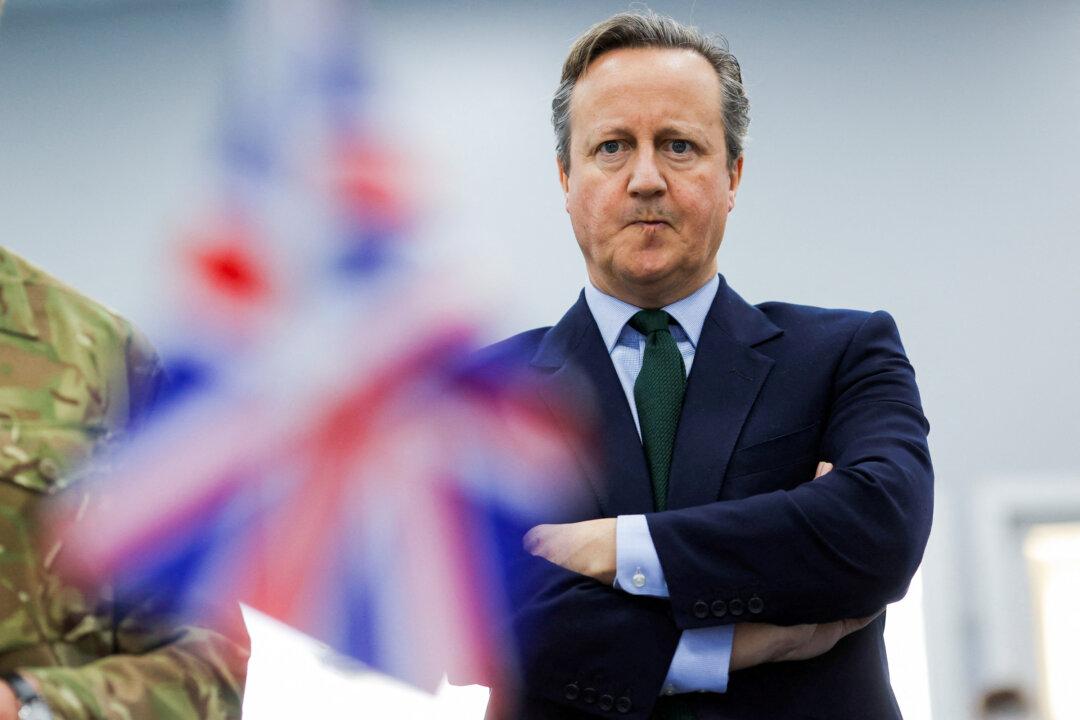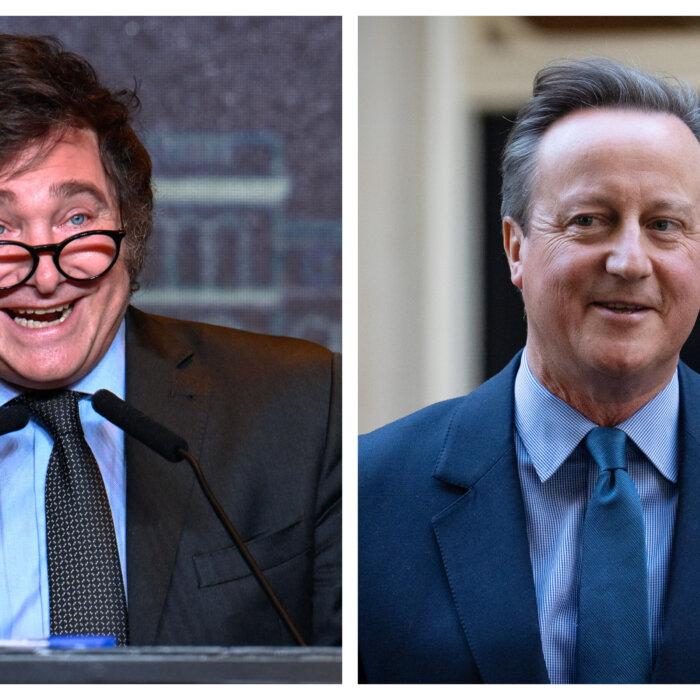Foreign Secretary David Cameron says the government is considering giving recognition to a Palestinian state.
In recent weeks, Israel’s Prime Minister Benjamin Netanyahu has insisted his country needs to have control of security between the River Jordan and the Mediterranean, therefore ruling out the possibility of a sovereign Palestinian state in the Gaza strip and the West Bank.
Britain and the United States have been putting pressure on Israel to maintain a two-state solution, based on the principles of the Oslo accords which were signed in 1993.
Palestinian People Need a ‘Political Horizon’
Lord Cameron, who has now embarked on a fourth trip to the Middle East since he was appointed by Prime Minister Rishi Sunak in November, said there was a need to give, “Palestinian people a political horizon.”Under the 1990 Oslo peace process, a Palestinian Authority was created to exert political power in the West Bank and Gaza, and was designed to eventually become a state.
But after the assassination of Israeli Prime Minister Yitzhak Rabin by a Jewish settler extremist in 1995, the peace process stalled, and a second intifada, or uprising, began in 2000 and led to the deal eventually collapsing.
In 2007, the hardline Hamas organisation took over Gaza and expelled their rivals from the more moderate Fatah, whose control of the West Bank became increasingly undermined by an increase in Jewish settlements.
Unlike Fatah, Hamas has refused to recognise the existence of Israel, and on Oct. 7 last year, it launched a horrific attack across the border, which led to the murders of 1,200 Israeli civilians and service personnel.
Israel struck back with air strikes and then a ground offensive, and the Hamas-controlled health authority in Gaza says more than 26,000 people have died and 64,000 have been wounded.
Netanyahu Resents Attempts to ‘Coerce’ Israel
Mr. Netanyahu says a Palestinian state, “endanger the state of Israel” and has criticised any, “attempt to coerce us.”In the past, the Labour Party has said it would recognise a Palestinian state, although Sir Keir Starmer has not raised the topic since the start of the Israel-Hamas conflict.
His predecessor, Jeremy Corbyn, was a strong supporter of the Palestinian cause, but Sir Keir, who has done much to patch up relations with Britain’s Jewish community since taking over, is more reluctant to criticise Israel, especially following the Oct. 7 attacks.
On Monday, Lord Cameron said, “We should be starting to set out what a Palestinian state would look like, what it would comprise, how it would work.”

“As that happens, we, with allies, will look at the issue of recognising a Palestinian state, including at the United Nations. This could be one of the things that helps to make this process irreversible,” he added.
The foreign secretary also said he would “do everything” to prevent the conflict “spilling over borders.”
Many military strategists believe Hamas hoped the Oct. 7 attacks would trigger a wider conflict between Israel and Iran, and some think hawks in Tehran are itching for such a conflagration.







